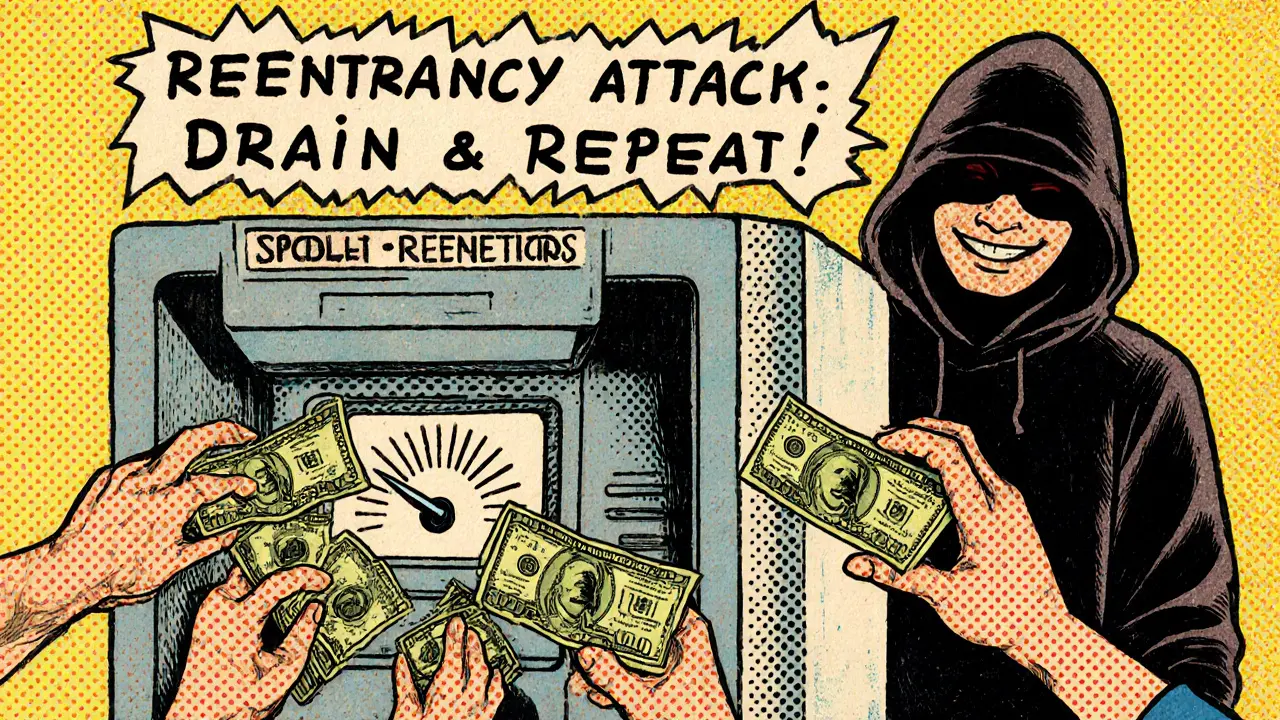Access Control in Crypto: Secure Your Wallets and Exchanges
When you hold crypto, access control, the system that decides who can interact with your funds or accounts. Also known as authorization protocols, it’s what stops strangers from stealing your Bitcoin or draining your DeFi wallet. Without it, your private key is just a string of letters and numbers—useless to anyone who doesn’t have the right way to use it.
Think of access control like a vault with multiple locks. Your private key, the secret code that proves you own your crypto is the main lock. But modern systems add more layers: digital signatures, cryptographic proofs that verify transactions without revealing your key, two-factor authentication, IP whitelisting, and even time-based restrictions. Platforms like Bitstamp and OKX use these to protect user accounts. Meanwhile, scams like BITCOINBING and CoinRui fail because they skip basic access controls—no KYC, no multi-signature, no real verification.
It’s not just about exchanges. In DeFi, access control determines who can withdraw liquidity, who can vote on governance, and who can trigger smart contracts. Projects like WagyuSwap and Aerodrome SlipStream rely on wallet permissions and role-based access to keep funds safe. If you connect your wallet to a fake airdrop like WHX or ZeroHybrid Network, you’re giving up access control entirely—no password, no backup, no recovery. That’s how people lose thousands in seconds.
Real security doesn’t come from complex apps or flashy websites. It comes from understanding who gets to do what—and making sure only you have the keys. The posts below break down how top exchanges lock down accounts, how hackers bypass weak controls, and what you can do to stay protected. You’ll see real examples from Bitstamp’s compliance, Coinquista’s red flags, and why even regulated platforms can still fail if access control is an afterthought.
Common Smart Contract Vulnerabilities and How They Cost Millions
by Johnathan DeCovic Oct 28 2025 22 CryptocurrencySmart contract vulnerabilities have cost over $1.1 billion since 2016. Learn the top risks-reentrancy, access control, oracle manipulation-and how to prevent them before your project gets hacked.
READ MORE
